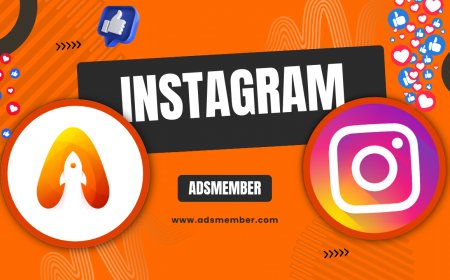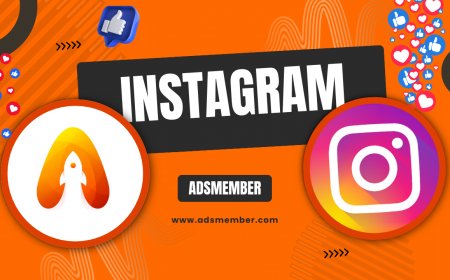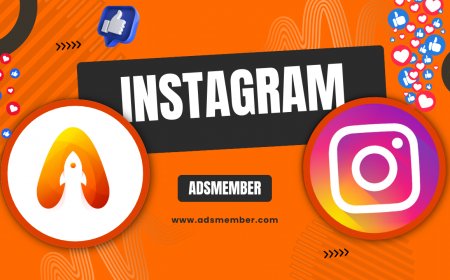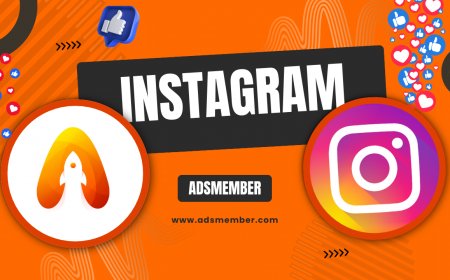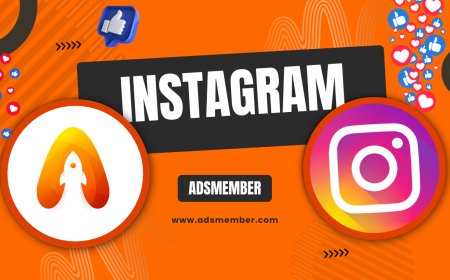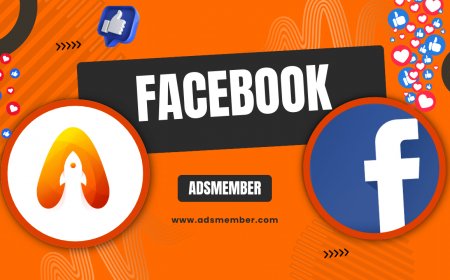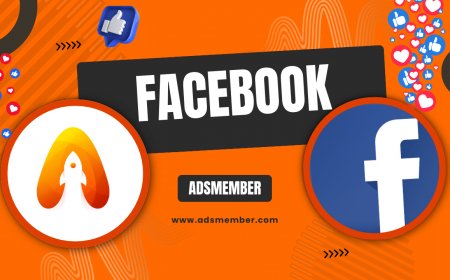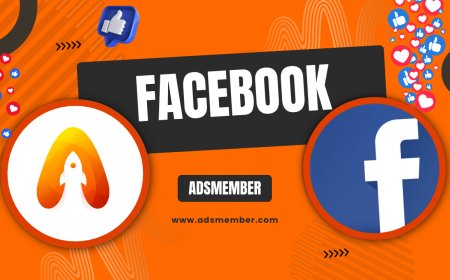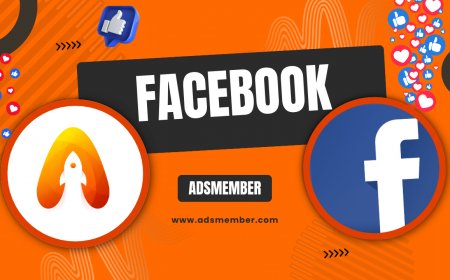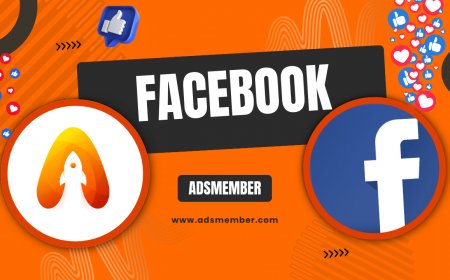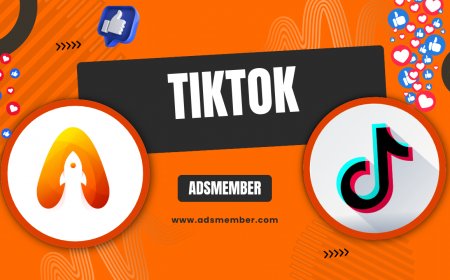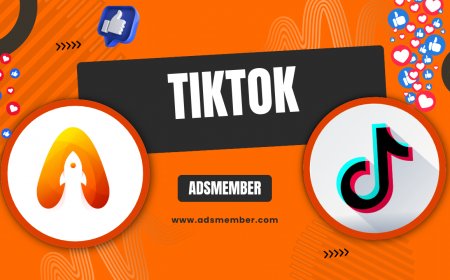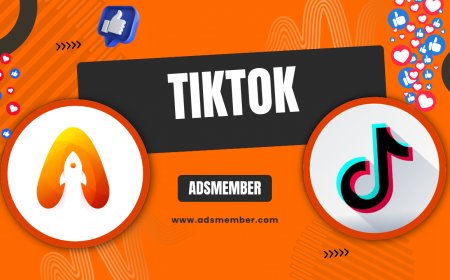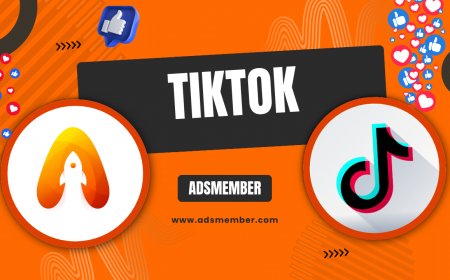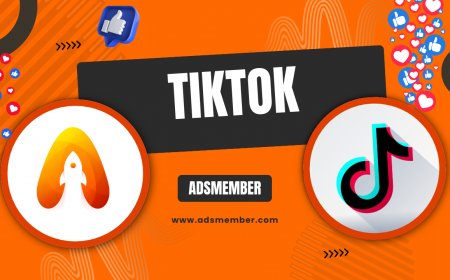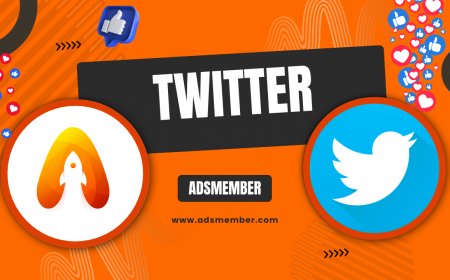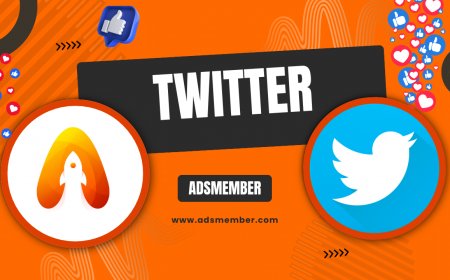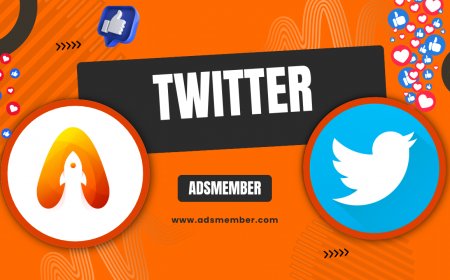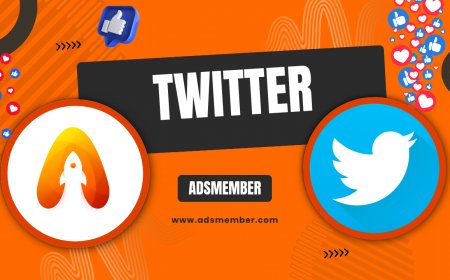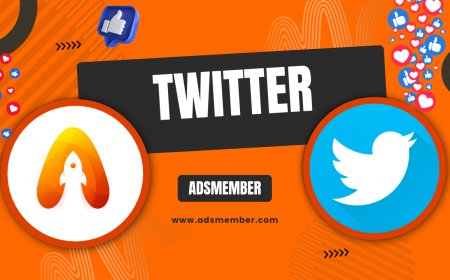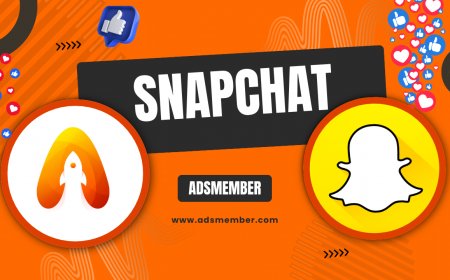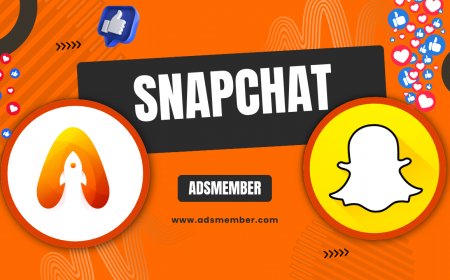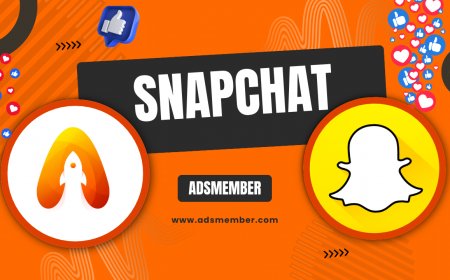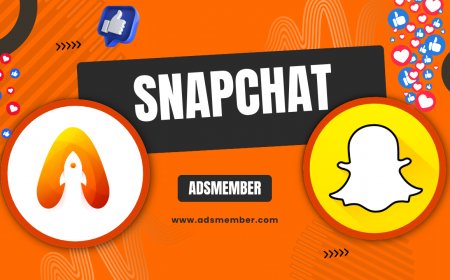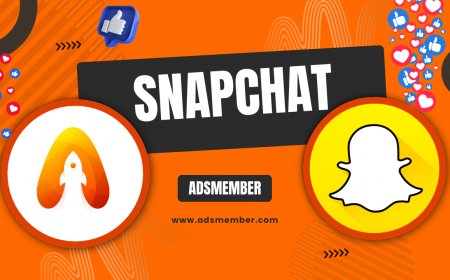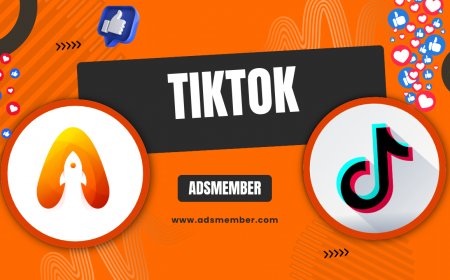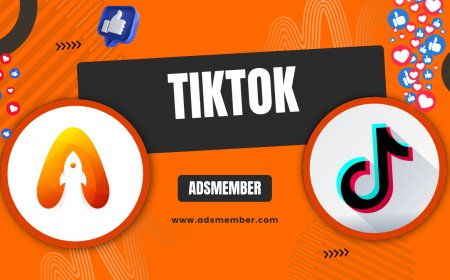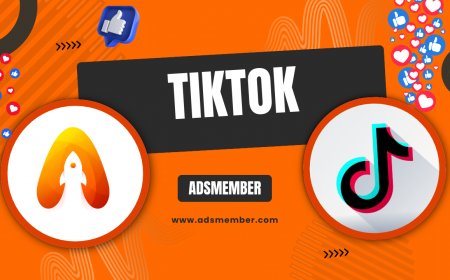Who Bought TikTok? Uncovering the Ownership Saga
Ever wondered who bought TikTok? Dive into the real story behind its ownership, from ByteDance's acquisition of Musical.ly to recent sale rumors and what it…

Honestly, if you've ever scrolled through endless TikTok videos and paused to think, 'Who bought TikTok anyway?' you're not alone. TikTok exploded onto the scene, but its ownership story is a wild ride of mergers, tech giants, and global politics. In my opinion, understanding this backstory adds depth to why the app feels so addictive and innovative. As a social media expert, I've followed TikTok's evolution closely, and I'll break it down with clear facts, analysis, and some insider tips you won't find elsewhere. Let's dive in.
The Origins of TikTok: From ByteDance to Global Phenomenon
TikTok didn't start as the behemoth it is today. It began as Douyin in China, launched by ByteDance in 2016. ByteDance, founded by Zhang Yiming, focused on AI-driven content recommendation algorithms that personalize feeds like no other. What sets TikTok apart? Its algorithm uses machine learning to analyze user interactions in real-time, boosting engagement rates sky-high. In my experience, this tech edge is why creators go viral overnight—it's not luck; it's data science at work.
The Musical.ly Acquisition: The Key Turning Point
Here's where the 'who bought TikTok' question gets interesting. In 2017, ByteDance acquired Musical.ly, a lip-syncing app popular in the West, for around $800 million to $1 billion. This wasn't just a buyout; it was a strategic merger. ByteDance rebranded Musical.ly as TikTok in 2018, merging user bases and tech. A unique insight: Post-acquisition, they integrated Musical.ly's creator tools with Douyin's AI, creating a hybrid that dominated short-form video. Case study? Look at Charli D'Amelio—she started on Musical.ly and exploded on TikTok, amassing 150 million followers. Without this deal, TikTok might still be a regional player.
ByteDance's Role as Parent Company
So, who owns TikTok now? ByteDance is the undisputed parent, a private Chinese tech firm valued at over $400 billion. Zhang Yiming stepped down as CEO in 2021, but the company's structure includes global investors like Sequoia Capital. Fun fact: ByteDance isn't publicly traded, which adds mystery to its operations. In my opinion, this opacity fuels conspiracy theories, but it's smart business—keeping strategies under wraps in a competitive market.
Rumors and Near-Misses: The US Sale Drama
Fast-forward to 2020: US tensions with China led to talks of banning TikTok over data privacy concerns. President Trump pushed for a US company to buy TikTok's American operations. Microsoft and Oracle were frontrunners, but the deal fizzled. Instead, ByteDance struck a partnership with Oracle for data hosting. Honestly, this saga highlighted how geopolitics intersects with social media— a lesson for users to be mindful of app permissions.
Microsoft's Bid: What Could Have Been
Microsoft offered $30 billion for TikTok's US, Canada, Australia, and New Zealand ops. They planned to integrate it with Azure cloud services for better security. Analysis: This could've shifted TikTok toward enterprise-level data protection, but it fell through due to regulatory hurdles. Unique tip: If you're a creator, diversify platforms like linking to Instagram—ownership changes can disrupt monetization overnight.
Oracle-Walmart Partnership: The Compromise
Oracle and Walmart got a 20% stake in TikTok Global, a new entity for US operations. Oracle handles data, ensuring compliance with US laws. External link for details: Check Oracle's official statement here. In my view, this was a band-aid solution, but it kept TikTok alive in the West.
Implications of TikTok's Ownership for Users and Creators
Ownership matters because it affects privacy, content policies, and innovation. ByteDance's AI prowess drives TikTok's success, but Chinese ties raise spying fears—though no solid evidence exists. Personally, I advise using VPNs for extra security on such apps. Data from Statista shows TikTok has 1.5 billion users worldwide, with 150 million in the US alone (2023 figures).
| Year | Event | Impact |
|---|---|---|
| 2016 | Douyin Launch | China dominance |
| 2017 | Musical.ly Buy | Global expansion |
| 2020 | US Deal Talks | Partnership model |
Business Strategies and Future Outlook
ByteDance monetizes via ads and e-commerce integrations. Unique insight: Their 'recommendation engine' uses collaborative filtering, unlike YouTube's search-based model. Case study: Brands like Chipotle saw 30% sales boosts from TikTok challenges. Tip: For SEO, optimize videos with trending sounds—algorithms favor them over keywords alone.
What is TikTok's current ownership structure?
TikTok is fully owned by ByteDance, a Chinese company, with partial US operations managed through partnerships like Oracle. No full sale happened despite rumors.
Did Microsoft really almost buy TikTok?
Yes, Microsoft bid in 2020 but withdrew after regulatory issues. It was close, but geopolitics derailed it. Learn more about social media mergers at Social Media Insights.
Why was there talk of selling TikTok?
US national security concerns over data privacy and Chinese influence prompted sale discussions. ByteDance addressed this via US-based data storage.
How does ownership affect TikTok users?
It influences data handling and content rules. Users should review privacy settings; in my opinion, it's safe but stay vigilant with updates.
Is ByteDance planning to sell TikTok anytime soon?
No official plans, but ongoing global scrutiny could change that. External reference: See ByteDance's updates on their site here.
What's Your Reaction?
 Like
0
Like
0
 Dislike
0
Dislike
0
 Love
0
Love
0
 Funny
0
Funny
0
 Angry
0
Angry
0
 Sad
0
Sad
0
 Wow
0
Wow
0
